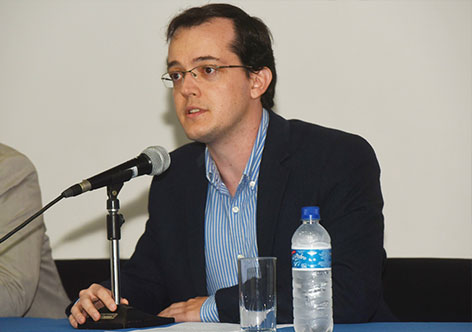Roberto A.Z. Borghi | In the Long Run
The widespread consequences of COVID-19 around the world have challenged many shared principles among politicians, policymakers, mainstream economists and the media. One such principle is that of fiscal constraint. The crisis has also demonstrated that low investment in healthcare and science, together with huge income disparities across the world, pose a great risk to the way economies and societies have been operating.
If this can be seen clearly in more organised societies and higher-income economies, such as European countries, the risks are potentially far greater for the developing world. Not by chance, the World Health Organisation is concerned about the great famine that the economic recession provoked by COVID-19 may cause in poor regions, if governments take no action to rein in the economic downturn.
To step in is now recognised as a key governmental responsibility. Just a few months ago, however, many austerity programmes were in place around the world. In Brazil, the government narrative promoted by Minister of Economy, Paulo Guedes, has been that the economy was growing until it was hit severely by the external shock. However, according to the Brazilian Institute of Geography and Statistics, the country was, in fact, experiencing a timid recovery from the 2015–16 crisis that resulted in the big -3.5% and -3.3% drop in GDP annual growth. The economy grew by only 1.3% in the following two years and 1.1% last year, alongside a cap on government expenditure and highly controversial economic reforms. By the end of 2019, 11.6 million people were unemployed and around 41% of the workforce had only informal jobs.
 English
English




 O Instituto de Economia da UNICAMP foi criado em 1984 e tem por finalidade a promoção do ensino e da pesquisa na área de Economia.
O Instituto de Economia da UNICAMP foi criado em 1984 e tem por finalidade a promoção do ensino e da pesquisa na área de Economia.
